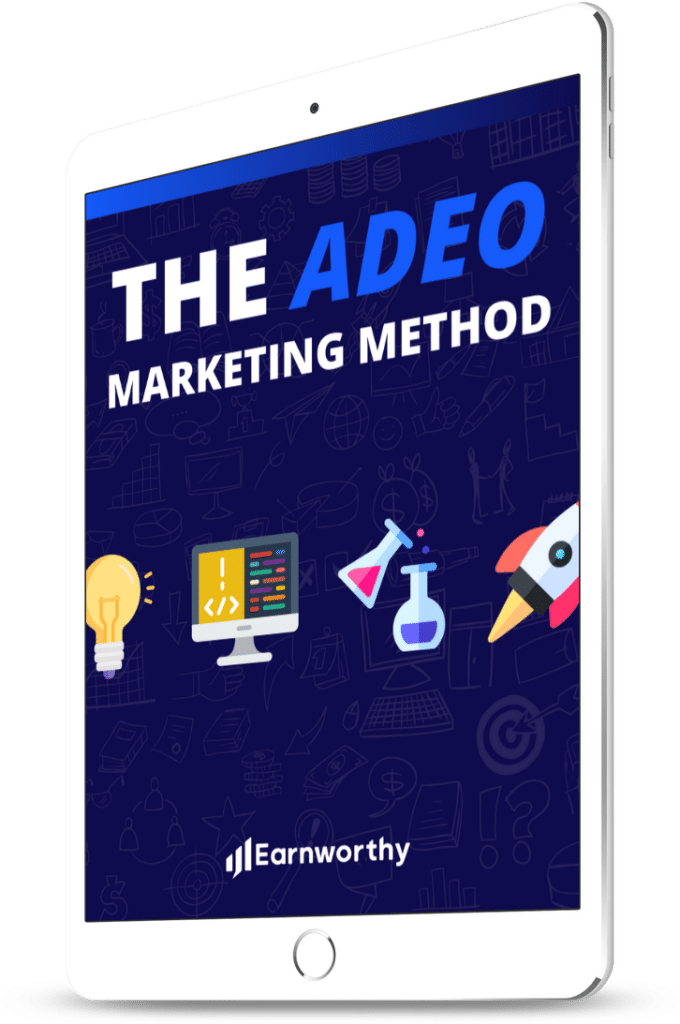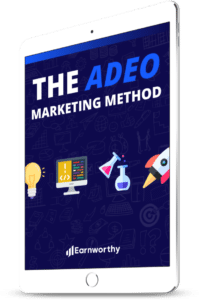Blogging is not the new kid on the block anymore. If you look left and right, it seems like everyone and their brother has a blog. Yet blogging is not going away.
While the field has become crowded, there is still plenty of room for great content to rise to the top. With the right focus, your blog can certainly stand out from the noise.
But before you even begin blogging, there are several important decisions you must consider so that you set yourself up for the best chance of success.
These decisions weren’t just picked out of thin air. Rather, I’ve learned the lessons the hard way, going back to 2009, when I first began to take blogging seriously.
I hope you can learn from my mistakes along the way, so that your blogging journey is much smoother than mine. Let’s get to the list, shall we?
1. What’s your niche?
If you don’t have a niche, you don’t have a blog. At least, that’s how it is these days if you plan on getting any traction at all. Blogs need to be about something specific. You need to have a laser-like focus on one area or another.
That’s not to say your niche can’t evolve over time. I’ve certainly shifted the focus of my various blogs over time, but at any given point, I was almost always writing about one unified topic area.
Picking a niche is an art and a science. You obviously need to choose something you care enough about to be able to produce content on a regular basis. But you also need to research the demand for a specific topic before you jump in.
Do your homework, share your idea with friends and family, but ultimately, settle on something that will act as your focal point.
2. How will you stand apart?
So, you have a niche, but you’re almost certainly not the only one in that space. That’s where differentiation comes in. Try to set yourself apart from other bloggers by approaching your subject area from a unique angle.
Usually, the best way to go about this is to combine two topics into one. For instance, Derek Halpern of Social Triggers got on the map by writing about marketing and psychology, and how they work together.
I’ve been known to combine personal productivity practices and inbound marketing strategies, and not many others are doing that.
You get the point. Try to differentiate your voice in some way so that your content is catchy, unique, and engaging.
3. What’s your (personal) brand?
This is probably the toughest decision you’ll make. First and foremost, if you have the choice, you need to decide if you’ll be blogging under your personal brand, or if you’ll create an independent brand identity.
For me, I decided to go with a brand identity, but I purposely chose to use a rather generic name (Earnworthy). In fact, when I first launched my brand in 2013, I had no intention of making it purely about marketing, but here we are!
So, choose a brand name carefully if you decide to go down that path. If your brand name is “Awesome Email Marketing Hacks,” then you’re significantly limiting the flexibility you have if you decide to branch out or explore other marketing topics in the future.
That’s why so many folks choose to go with their personal brand. Gary Vaynerchuk is a great example. He’s done so much in so many different industries, from vlogging about wine to giving keynotes about hustling. But since he is primarily known as Gary Vaynerchuk, his personal brand follows him everywhere he goes.
4. What platform will you use?
I’m going to try to make this one easy for you. Use WordPress. There. Done. Move on.
Okay, well, I am a little biased here, since I’ve been using WordPress since what seems like the beginning of time. But I like WordPress because it just works! And it gives you the flexibility to do pretty much anything.
After all, WordPress started as a blogging platform, and we’re talking about blogging, so what could be better than that?
As for choosing between WordPress.com and WordPress.org, this really comes down to your comfort level. My blogs are all self-hosted (WordPress.org). If you are conformable with setting things up on your own, or you have someone to help you with that, then go with the self-hosted option. That will give you the most flexibility.
5. What will the design and functionality look like?
Another great feature of building a WordPress site is the wide range of themes, skins, and plugins that are available, many of which are free.
For the look of your site, you’re going to want to use a nice premium theme though. I personally use and recommend Genesis Framework from StudioPress.
You’ll also want to grab some popular plugins for social sharing, email opt-in boxes, SEO, and more. I won’t get into specifics here, but you can always hit me up on Twitter or via email if you’d like to talk about this.
6.When will you start building an email list?
The biggest mistake I ever made as a blogger was not building my email list from day one. Even if building an email list sounds like a ridiculous idea to you at this moment in time, consider doing it!
Email lists are an extremely important part of blogging, both for retaining and reaching your readers, and for selling stuff later on. Even if you have no intention of ever selling anything to anyone, there’s no harm in at least getting the tools in place to begin building a list from the start.
7. How will you promote your content?
You can write all the content in the world, but without a strong marketing campaign, it’ll be difficult to get any traction early on. That’s where blog promotion comes in.
Will you be using social media? Will you be focusing on search engine traffic? Do you have a budget for paid media, if you want to scale up sooner rather than later? Are you creating content that can easily be shared by others?
These are just some of the questions you should be asking yourself early on, so you’re not disappointed when your first post gets three visits, all of which come from you.
Building an audience takes time, but it can be done if you put in the work. There are no shortcuts here. Just write great stuff and promote the heck out of it. In fact, spend more time promoting it than writing it!
8. What will be your guest blogging policy?
Guest blogging is a great way to get original content for your blog or get exposure from other blogs. The standard practice of an article swap is rather simple.
You reach out to fellow bloggers who write about similar topics to you, and offer to provide an original unpublished article in return for the same from them. You then each post your articles on your respective blogs, in order to gain awareness from new audiences.
If you do this on a regular basis, it’s a terrific way to build up your initial reader base. Just be very selective when reaching out to other blog owners. Go for quality over quality.
9. How will you measure success?
Lastly, with all of this activity, you need to know what to look at so that you know if its working or not.
Will your success be measured by overall traffic, or email subscribers, or social shares? These are just some of the more popular metrics, but there are dozens of other ways to measure success as well.
The important part here is to make sure you’re setting a baseline and tracking your performance over time, so that you know what’s working and what needs to be fixed.
Ready, set, blog!
Well, that’s all I have for you in this article. Now it’s up to you to go out there and blog until you cannot blog anymore.
If you found these tips helpful, I’d greatly appreciate it if you spread the word by sharing this post with your followers. And let me know if you have any comments or questions below or on Twitter.
Happy blogging!





